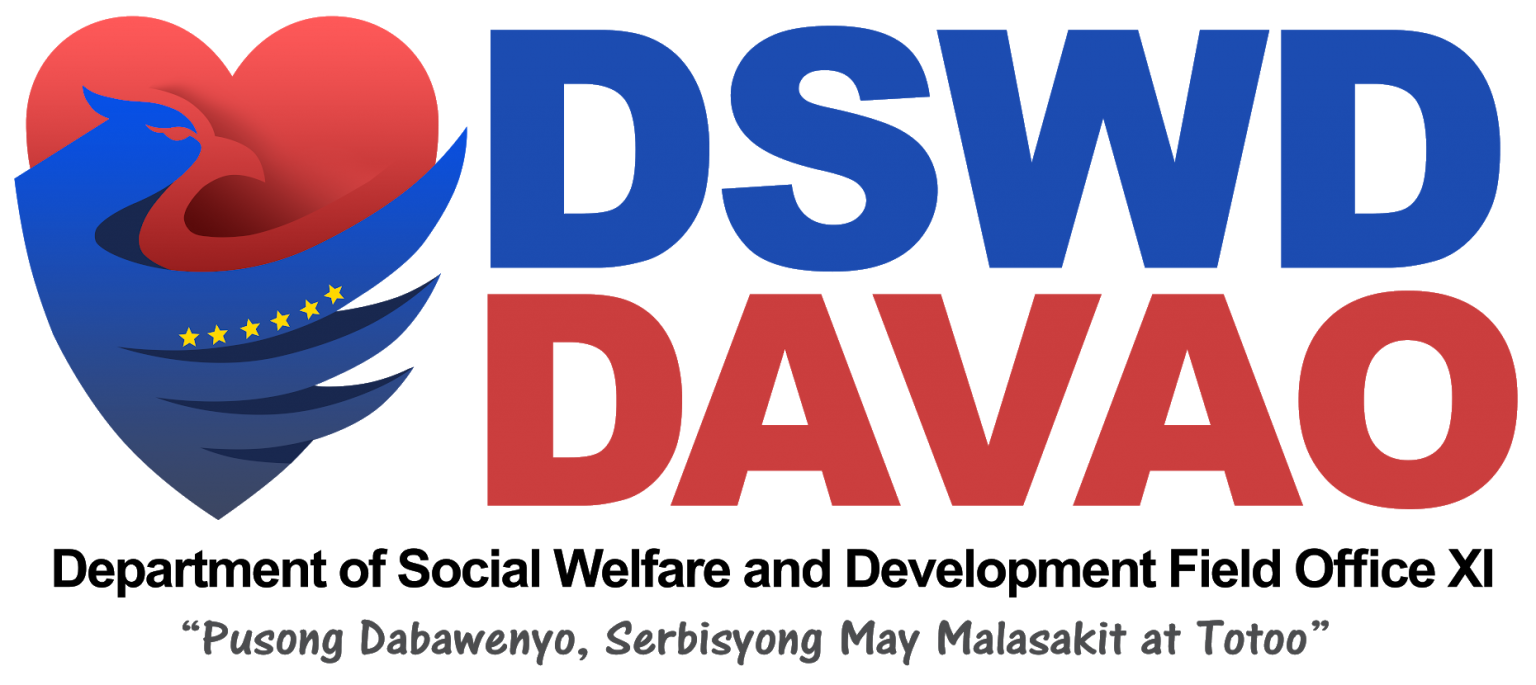San Isidro, Davao Oriental – “Sa una, mahadlok mi mo-istorya kay mahadlok mi sa mga tao nga naa sa posisyon sa gobyerno. Pero sa Kalahi-CIDSS, ilang gipabati sa amoa naa mi katungod nga mupagawas sa among mga mulo ug mga tanyag nga sa tan-aw namo, makatabang sa paglambo sa proseso sa programa (Before, we were afraid to speak out for we felt intimidated by government workers. However, Kalahi-CIDSS helped us realize that we are free to voice out our thoughts and opinions which we believe are vital in the program),” emphasized Fulgencia Lagmay ,73, a Kalahi-CIDSS volunteer in Barangay Manikling here.
As part of Kapit-Bisig Laban sa Kahirapan – Comprehensive and Integrated Delivery of Social Services (Kalahi-CIDSS) goal in empowering the community through enhanced participation, a Grievance Redress System (GRS) was installed to ensure that principles of the program such as genuine community involvement, accountability and transparency are upheld.
Mother of six, Lagmay is chair of Kalahi-CIDSS Barangay Sub-project Management Committee (BSPMC) in her barangay.
She said one feature of the program that she appreciates most is GRS, adding that the capacity building activities thru GRS has enabled her to speak in front of a crowd and more importantly, take a more active role in project implementation and management.
Making GRS a way of life
“GRS is one of the key elements of Kalahi-CIDSS where the stakeholders and the volunteers at large are provided a venue to express their concerns, complaints and suggestions to improve the program,” explained Director Priscilla N. Razon of DSWD.
Elvira Anduyan, Monitoring and Evaluation Specialist of Kalahi-CIDSS said the community will form a committee that would assist the Community Empowerment Facilitator (CEF) in making the GRS functional in the barangay.
“Committee members will train on Installation, Handling and Monitoring Structures as well as Monitoring and Reporting System where they learn documenting resolution process of conflict,” Anduyan said.
The elected members, together with the assigned CEF, will report to DSWD Regional Office on their observations of conflicts and wrongdoings in the area.
Filing of GRS can be done through text message or through the use of the suggestion box lodged at the Kalahi-CIDSS Corner in the Barangay Hall, Anduyan added.
DSWD records show that as of June 2015, Kalahi-CIDSS Region XI has resolved 100% of the 1,784 filed grievances, collected from 299 barangays in 16 municipalities.
Ma. Annabelle S. Jabla, Deputy Regional Program Manager for Kalahi-CIDSS stated, “This is a good manifestation that the program is able to empower people since they are very much involved and can now readily express their issues and suggestions on how to improve the implementation of the program.”
“Napuno og pasalamat ang akong kasing kasing sa mga oportunidad nga gihatag sa Kalahi-CIDSS sa mga yanong tao sama namo. Kaya namo ang pag bag-o tungod kay padayon ang pagsuporta sa gobyerno sa pagpalambo sa among kaalam (My heart is overflowing with gratefulness for the opportunities accessed to ordinary folks like us. We can do it. We can improve our lives because government continues to help us develop our knowledge and skills),” Lagmay stressed.
Kalahi-CIDSS is a community-driven development project of the Philippine Government that aims to empower communities through their enhanced participation in local governance and poverty alleviation projects. (DSWD)






